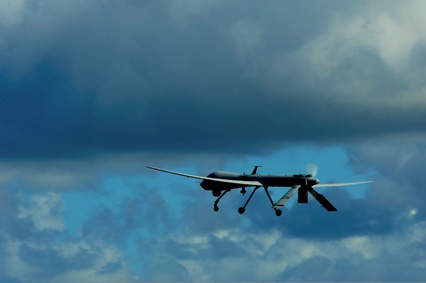War on Al Qaeda Affiliates Succeeding but Long-term Persistence Critical, CIA Vets Say
09/16/2010 -The United States and its allies are effectively beating back al Qaeda and affiliated movements around the world, but to waver would let the groups quickly regain strength, four senior veterans of the effort said at apanel discussion Wednesday on the future of al Qaeda.
“I do believe al Qaeda as an organization is badly damaged. I believe it is in decline,” said Charles Allen, a veteran CIA analyst and former top Department of Homeland Security (DHS) intelligence official, at the event hosted by the Potomac Institute for Policy Studies in Arlington, Virginia.
(Watch the video of the discussion,here.)
Former CIA colleague Paul Pillar, now an author andprofessor at Georgetown University, shared Allen’s assessment, but noted that al Qaeda “still has the potential to do some significant damage.
Pillar prefaced his remarks by differentiating between core al Qaeda—gutted by military and intelligence operations in Afghanistan and Pakistan but still a threat—and the organizations around the world that share its goals and in some cases its brand: Jemaah Islamiyah in Southeast Asia, Abu Sayyef in the Philippines, Somalia’s al Shabaab, Yemen's al Qaeda in the Arabian Peninsula, and al Qaeda in the Islamic Maghreb in Northern Africa.
Fellow former CIA analyst and FBI official Philip Mudd of theNew America Foundation explained that al Qaeda and other organizations are not hierarchical, but instead resemble a fabric. Targeted attacks have killed many core al Qaeda leaders, metaphorically ripping out individual threads and fraying the organization. Let be, al Qaeda and other groups can “re-weave” themselves.
12next ›last »
